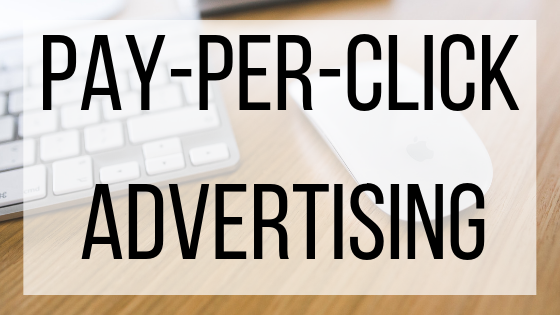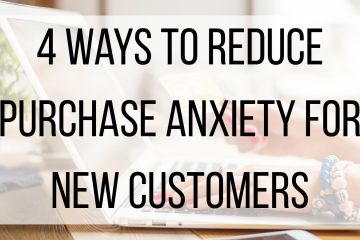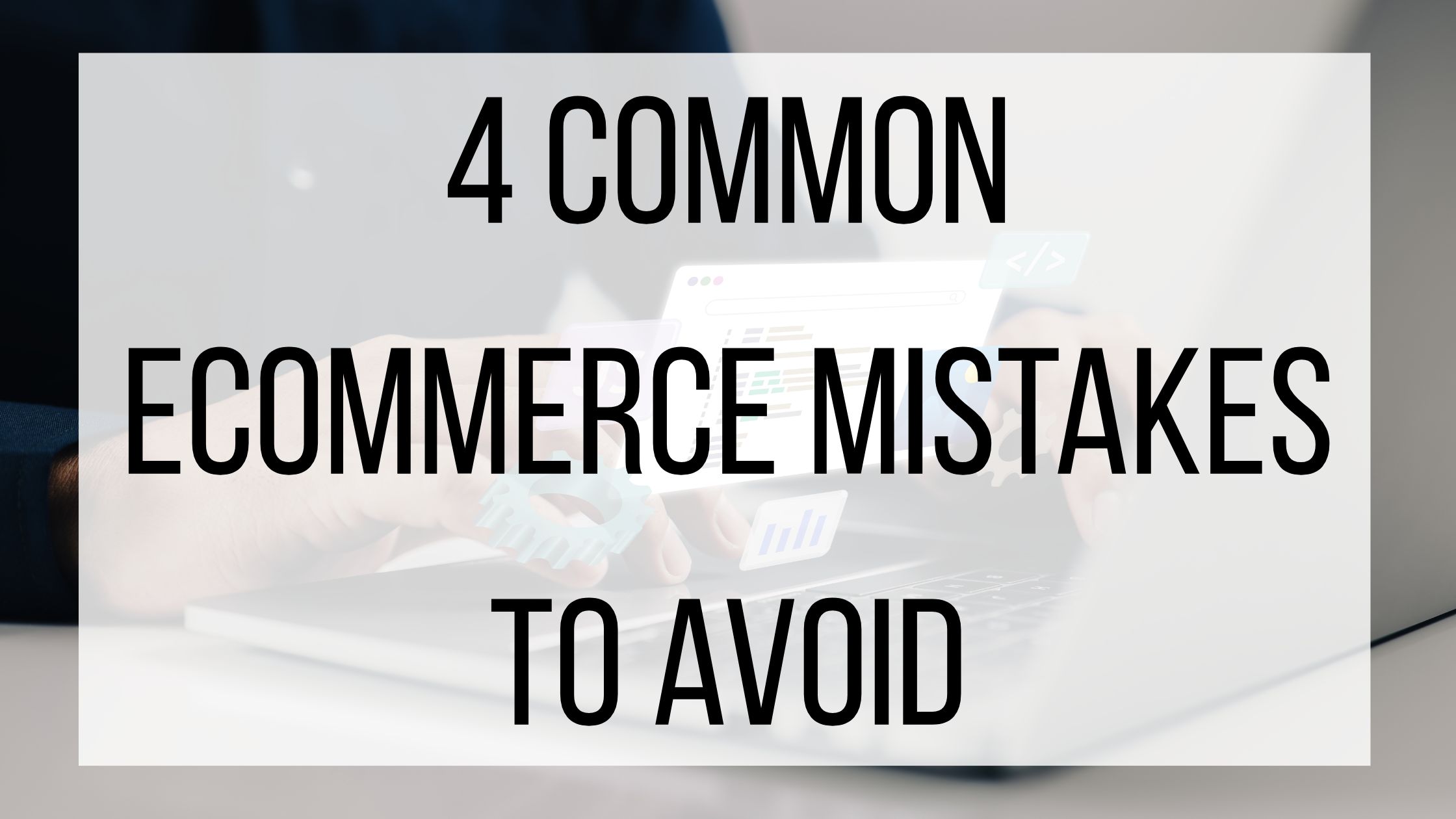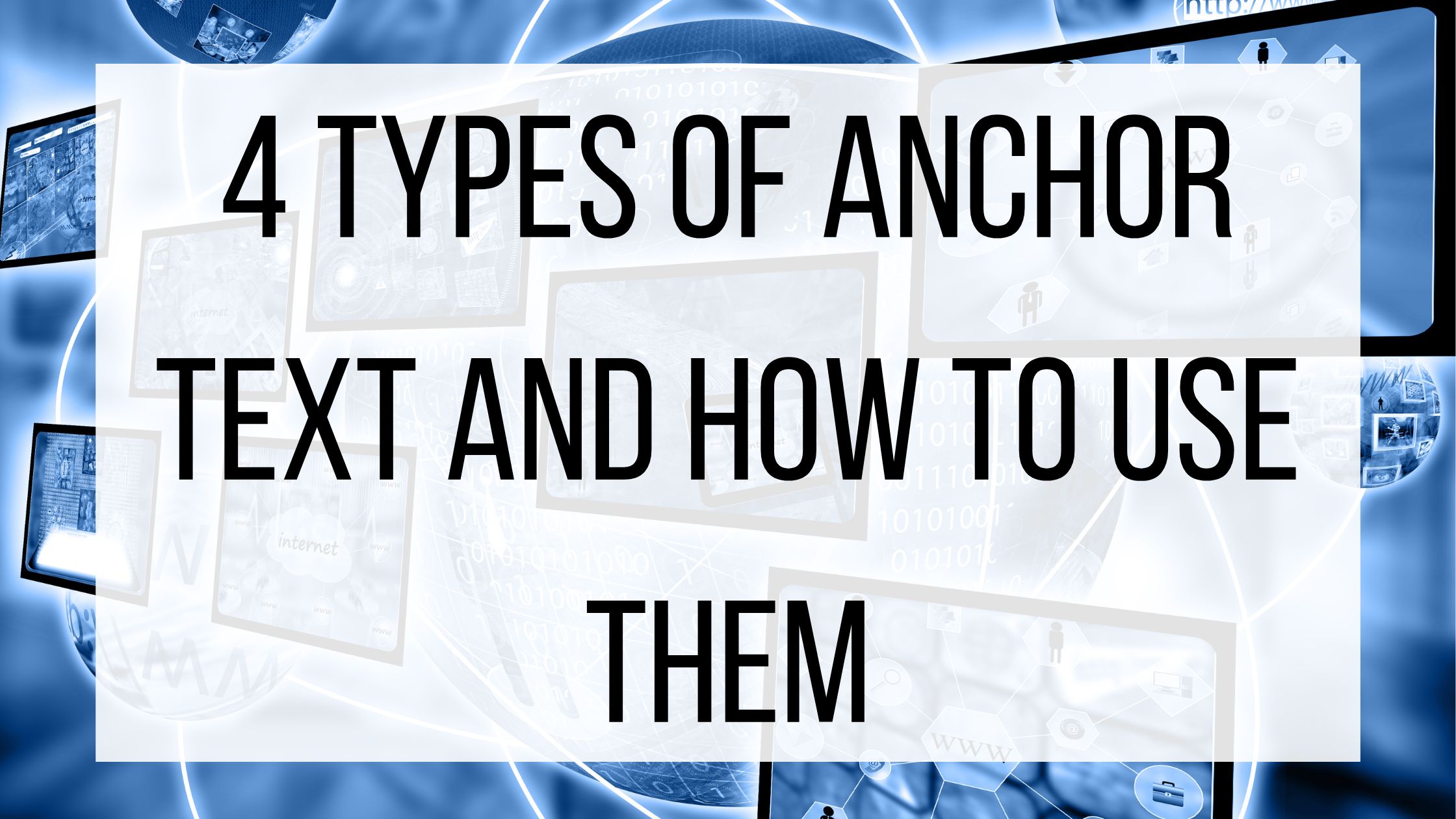Pay-Per-Click Advertising

Odds are, you have used Google frequently. As the world’s most popular search engine, many people turn to Google for everything from suggestions, to answers, to reviews. Businesses spend time making sure their company ranks as high as it can on Google, and that any advertisements that are running are doing well. One of the most popular and effective types of advertisements is called Pay-Per-Click, or PPC. After you establish both a Google Analytic and Google Adwords account, you can begin to look into Pay-Per-Click.
What is Pay-Per-Click?
Pay-Per-Click is a method of advertising where the advertiser only pays when a customer clicks on their link. Say the advertiser posts and ad and it sits on the search engine for a few days without any clicks. While they are not gaining any new business, they are also not loosing money spent on running the ad. When an does get clicked, businesses will pay a small fee (such as $3 per click) to the search engine. While PPC ads are not run exclusively on search engines, that is the most common place to find them.
Using PPC advertisements on search engines allow advertisers to bid on ad placement in the sponsored links. The winners of the bids depend mainly on keyword usage. If you win a PPC bid, when someone searches for a keyword related to your company, you might show up at the very top highlighted spot on the results page. Otherwise, you will still be in a good, visible spot. The more traffic you get, the more money the search engine gets, making it a win-win for both of you as well as the people searching.
How to choose Pay-Per-Click keywords:
Choosing your keyword for PPC is the most important step you will take with PPC advertisements. Researching keywords can be very time consuming, but not putting your full effort into it will likely result in a lack of success from your PPC campaign. The most important aspect to selecting keywords is to make sure that they are relevant. Your whole PPC campaign is revolving around your keywords, so give them your best effort in choosing words that match with your brand and target demographic. While you want to use words that are popular in your industry, choose some less common keywords as well to bring in customers with less competition. Different keywords costs different amounts, but do not let cost deter you from words you think will benefit your PPC campaign.
Pros and Cons of Pay-Per-Click:
Some marketers have strong feelings about PPC advertisements. There are many benefits, as well as some aspects that might not work as well for certain companies. Some of the best things about PPC advertisements are they are extremely easy to measure, it is often affordable, you are not paying unless you are getting results, they offer re-targeting of your visitors, it exposes your business to a global audience, you can track your ads in real time, and you have a lot of control.
Some cons of PPC advertisements are that they are not free (unlike some other methods of advertisement such as free social media accounts), your advertisements disappear when your campaign is over, you are not guaranteed sales, and it can be very complicated to set up.
Although Pay-Per-Click advertising goes into great depth, having a basic understanding of what it is and how it works in beneficial for any marketer. For many, PPC results with brand exposure, more impressions, and new sales. If this not the right fit for your company, you can always keep it it mind for the future. Having a clear goal and audience is the best way to make the most of your efforts with any advertising campaign.



3 Comments
bepack · March 9, 2019 at 6:50 am
thank you very much you help me better posture
Beauty · April 10, 2019 at 10:45 pm
Thanks for your great post, it helps me better orient my work
PPC training in Chandigarh · November 18, 2019 at 7:09 am
Thanks For Sharing It Is Very helpfull… Plz update more Article